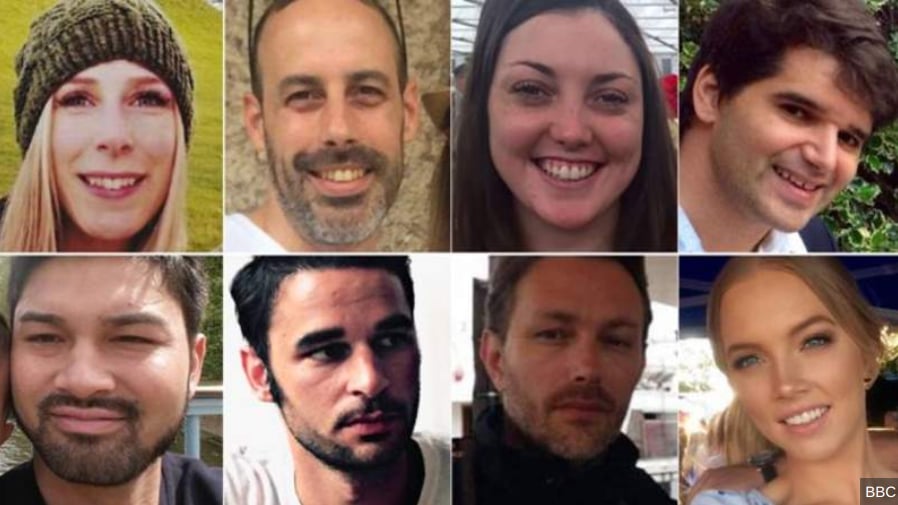
-With AAP.
1. “I didn’t know where she was.” Witnesses recount Sara Zelenak’s last moments before she was killed in the London Bridge terror attack.
Australian Sara Zelenak may have slipped over before she could run away from the three terrorists who stabbed her to death in the London Bridge attacks, an inquest has heard.
The 21-year-old and fellow Australian 28-year-old Kirsty Boden were among eight people killed when Khuram Butt, Rachid Redouane and Youssef Zaghba used a van to run down dozens of people on the bridge before stabbing dozens more with ceramic kitchen knives in nearby Borough Market on the night of June 3, 2017.
Witness Erick Siguenza, who had been out with friends that night, saw a young woman with blonde hair slip over just metres from where the attackers’ van crashed at the southern end of London Bridge.
He agreed that the recent rain and her high heels may have caused her to lose her footing on the wet pavement.




Top Comments
#3 FREE JULIAN ASSANGE.
#4 'She cited one particularly alarming case where a girl was accidentally put in with two alleged male sex offenders.'
HOW do you *accidentally* do this? How?